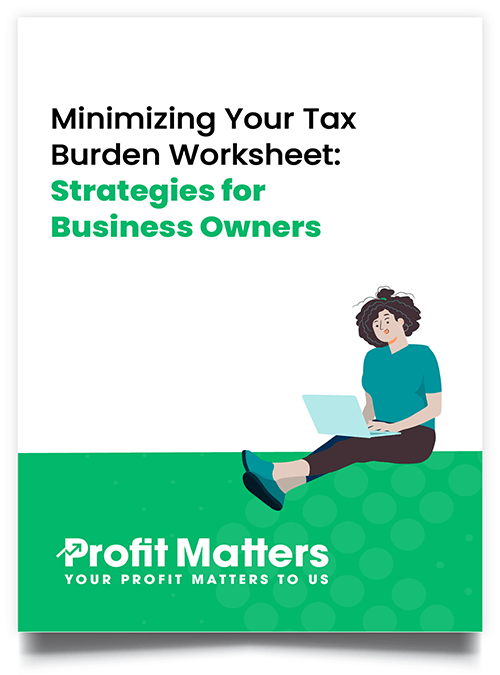If you want to achieve financial success, it’s important to make wise choices as soon as possible that will yield long-term rewards. Start with the things you don’t see such as discussions about managing your money, setting up a savings account, and making specific steps to secure your financial future. It will take time for you to see the benefits of your financial planning, but it’s crucial to continue making progress and to remain consistent with your savings goals. Here are some things you can do to make your financial future brighter.
Create a Budget
One of the best ways to have a more secure financial future is to track your spending. Create a budget for yourself so you can keep up with where your money is going and how much you’re saving each month. You can make a spreadsheet to track your bills and to help you pay attention to your discretionary spending. the more you track your budget, the more you’ll see progress as the years go by.
Pay Yourself First and Pay Off Debt
It’s important to open a savings account so you can pay yourself first. It may be best to set up an automatic transfer so you can commit to a budget. Your savings accounts can serve as an emergency account or a fund that you use to make large purchases. Once you pay yourself each pay period, you’ll need to get serious about paying off any debts. Your credit card and car payments can help you build credit but you should pay these debts as soon as you can to keep your credit score from dropping. The higher your credit score, the more financing options you have when you want to make a major purchase like a home or car.
Become a Homeowner
A mortgage is a debt, but it’s a wise debt to take on when you can afford it. The interest rate is typically lower than other types of loans and your mortgage is back by a major asset-your home. When you own a home, you’re building wealth, and you’ll be more wealth the more properties you own. It’s important to have a 1031 exchange explained by your financial advisor if you decide to use real estate as one of your income sources. With 1031, you can avoid paying capital gains taxes if you sell one of the properties you’ve invested in. You’ll have to use the money from the sale within a certain timeframe to invest in a property of equal or higher value.
Prepare for Your Children’s Education and Save for Retirement
Start saving for your kids’ college education as soon as you can, even if you can only save a couple of hundred dollars a year. As your income increases, you can add more to the college fund. This savings account will definitely come in handy once your kids graduate from high school.
Saving for retirement is also a vital step in setting up a bright financial future. Talk to your employee about whether you’re entitled to a 401K or other types of retirement contribution plan and set up retirement savings account for yourself to ensure you’ll be able to maintain your standard of living when you’re no longer working.
Get a Financial Mentor
There’s a good chance you know someone who has made wise financial choices. Talk to someone you trust about your financial goals so you can get the advice you need to help you prepare for the future. You can also hire a financial planner and meet with them each quarter to create a solid plan for your money and help you reach your short-term and long-term goals.
Don’t Spend As Much As You Make
This seems obvious, but one of the main reasons people struggle with credit card debt is because they are spending more than they bring in and using credit cards to pay for their needs and wants. This can land you in tons of debt that it can take years to pay off. Remember to stay within your spending limits and try to save money as much as possible.
Be Charitable
One of the best ways to make the most of your money is to give to causes that are important to you. Putting a purpose behind your giving could motivate you to manage your money wisely and make you feel good about helping others.
In addition to these tips, it’s important to always be prepared for the “what ifs” in life. Setting aside money for family emergencies or changes in your job or health status can help you avoid financial devastation if the unexpected happens.
Article Written by: Tracie Johnson



